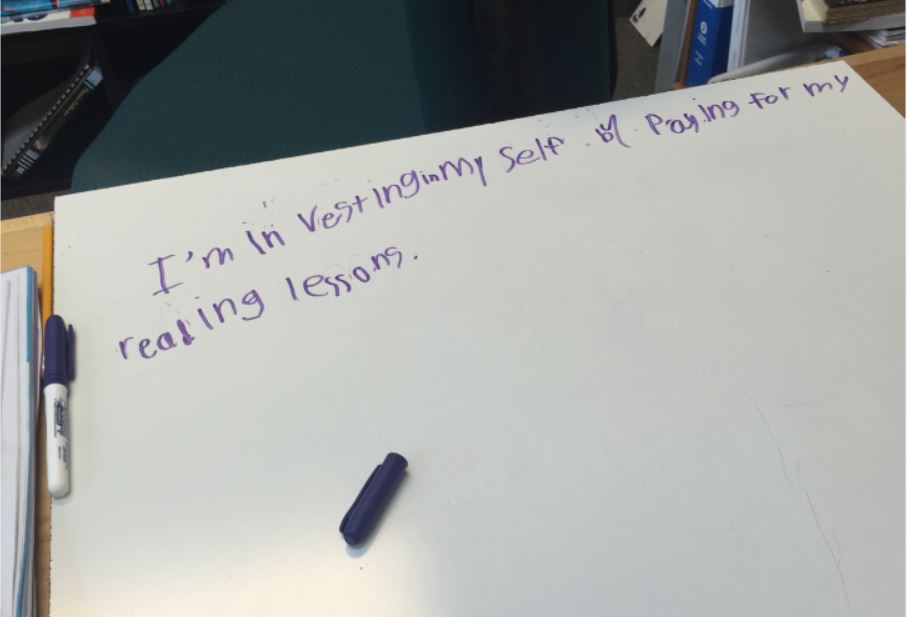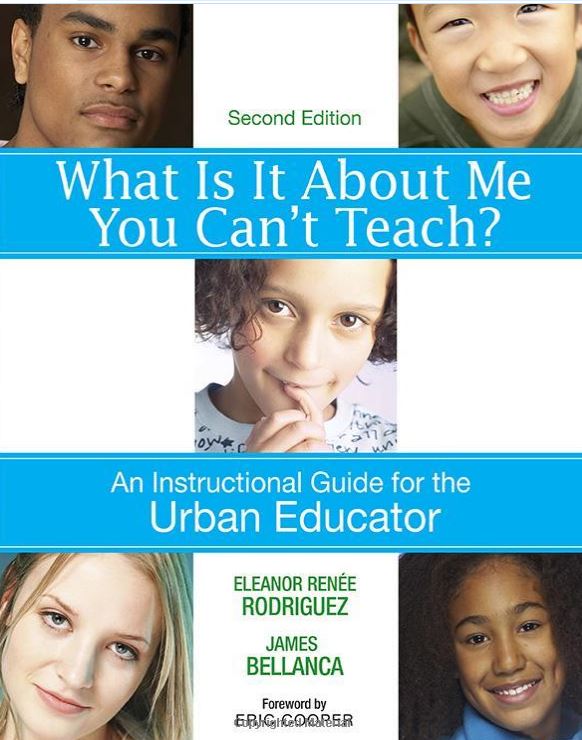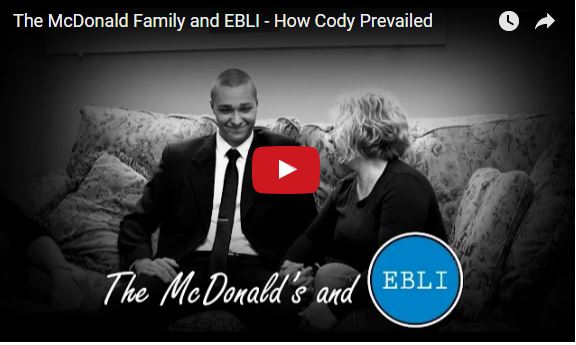I can’t teach you because you are…
What do you believe about learning?
Our last blog, the story of a cured dyslexic, generated a thought-provoking conversation on the EBLI Facebook page that one participant in the discussion (a dyslexic who learned to read as an adult) described as dramatic. In thinking about what was discussed and debated, I was led to the subject of this post: What is possible with learning?
What are your beliefs about what learners are capable of?
Why do you believe this?
Are you open to the possibility of changing your current beliefs?
Many years ago I taught a 3rd grader who struggled significantly with the concepts, skills, and information taught with EBLI. Up to that point I had not encountered a learner with such profound learning challenges. I’d decided she was not capable of learning and she proved me wrong. The very next session she came in and was reading, really reading! She recently graduated from college with a degree in Elementary Education and attended an EBLI Training. My experience with this child was the catalyst that changed my belief from ‘there are some children that can’t learn’ to ‘everyone has the potential to learn’.
Currently we are working with a 27-year-old who could only read the word ‘is’ when he came to us and could write nothing. He was then on over 30 medications, had been in Special Education since the age of three, and had had part of his brain removed. According to everything his parents had been told, he wasn’t capable of learning to read. His rage and behavior was somewhat intimidating but we set out to teach him. Now, two years later, he is reading articles and writing regularly. This week he wrote to us: ‘I’m imvasting in miselve by poeing for my reding lesans.’ (I’m investing in myself by paying for my reading lessons.) We believed he could learn to read and he proved us right!

There was another student – Cody – whose parents had been told that he would never read or learn past a 1st grade level. He’d had seizures after 4-year-old immunizations and they were told he just wasn’t capable of learning. His parents and I were not willing to believe that. His fascinating story is proof that if we believe they can, they can. If we believe they can’t, then why would we even try to teach them?
Teacher expectation is vital in student achievement. If you think they can, you are right. If you think they can’t, you are right. Research shows that when a child is told what they can’t do, especially by a teacher, they believe it is true and act accordingly. Expectations are conveyed to students by both verbal and non-verbal communication.
At EBLI and Ounce of Prevention, our belief is that everyone who can talk can learn to be a proficient reader. However, beliefs to the contrary are often deeply engrained in the student. John Corcoran, author of The Teacher Who Couldn’t Read, learned to read at 48 years old and is currently writing his 3rd book. It wasn’t until 25 years after he learned to read that the thought occurred to him: ‘I am a good reader!’
World-renowned cognitive psychologist Reuven Feuerstein, a 2012 Nobel Peace Prize nominee, successfully taught holocaust survivors after WWII when the prevailing thinking of the time was that these children were too traumatized to learn. This excerpt is from his 2011 interview in Brain World:
“We couldn’t lose or give up on any of them,” says the professor almost 50 years later. “People were measured as to their cognitive processing, their capacity to adapt,” he says, noting that testers accepted the belief “that these tests indeed measured in an unavoidable way what this individual would ever be able to do.”


The book What Is It About Me You Can’t Teach gives practical application for Feuerstein’s mediated learning model. This book focuses on using these strategies in an urban setting where often there is the mindset of limitation as far as student’s abilities. Most, if not all, of us who have taught children have used some of these excuses to explain why we can’t teach various students or why they can’t learn. Another one that we hear frequently from parents and teachers is that ‘they are just lazy’.
Our philosophy at EBLI, and what we share with teachers, is that if a student is not learning then there is only one question to ask: What do I need to do differently when teaching them?.
Harvard trained brain scientist Dr. Jill Bolte Taylor had a massive stroke in 1996 at age 37. In an interview with Amazon she stated, “When my left hemisphere was completely nonfunctional early on, it was impossible for me to learn.” She is now completely recovered and normal functioning after regenerating the damaged portions of her brain. Her story is one of many about the capacity to repair weakened areas of the brain.
These types of stories and experiences, whether scientifically documented or shared through anecdotal accounts, point to some of what is possible with healing and changing one’s brain function. There is much about the brain that is yet to be discovered. However, if we teach learners as if they can and remove our beliefs about their limitations because of their age, background, labels, current performance, or life experiences, we will continue to push the envelope of what is possible. Expectations of teachers and parents, enriched instruction, and our beliefs all play a crucial part in what learners will achieve. What do you believe is possible and why? We’d love for you to share your thoughts and/or experiences in the comments below. We believe that the sky is the limit and encourage you to consider believing the same!
Remember to sign up for our mailing list to receive EBLI updates and blog posts right in your inbox.

